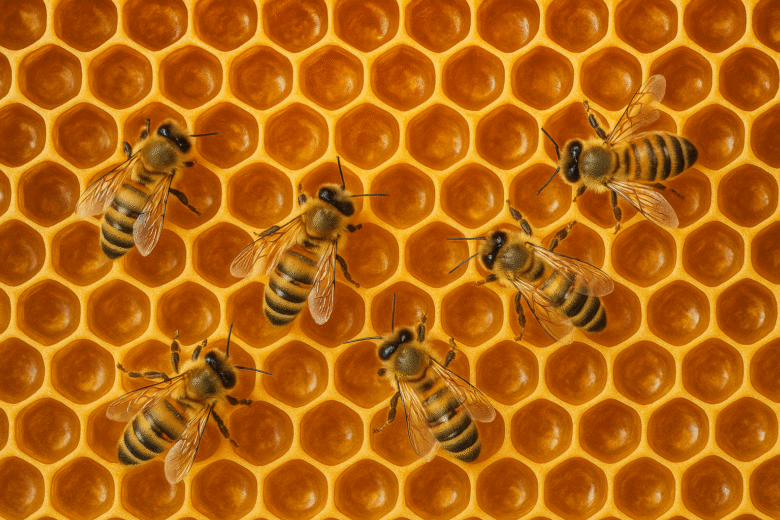Fun Fact: The Homeric epics like the Iliad and Odyssey were passed down orally for centuries before they were ever written down—yet the stories survived almost word-for-word. Now think about how hard it is for you to remember a phone number without saving it. That contrast right there? That’s the cognitive distance between oral cultures …
Fun Fact: The average person checks their phone about 96 times a day—that’s once every 10 minutes. Picture starting your day with no clue what day it is. Or forgetting your best friend’s birthday. Or walking into a supermarket without a clue what to buy. These things don’t happen anymore—not because our memories have improved, …
Fun Fact: Laughter triggers the same reward system in the brain as chocolate, music, or even winning money. Now imagine this: someone tells a joke. There’s a split second of silence—and then, your brain lights up. Your lips curl, your shoulders shake, and laughter bursts out. But what exactly just happened in your brain? What …
Fun fact: The microwave oven was invented when a scientist noticed a chocolate bar melting in his pocket during an experiment! Some of humanity’s greatest breakthroughs happened not because someone planned for them, but because someone was paying attention when something unexpected happened. In the world of science, this magical mix of curiosity, error, and …
Fun Fact: The number zero (0), which seems so ordinary today, was once banned, feared, and even associated with the devil in medieval Europe. Imagine trying to explain your age, count your salary, or measure a cup of rice—without using numbers. Hard to picture, right? Yet, for most of human history, counting was a deeply …
Fun Fact: Before the invention of time zones, every town ran on its own local time—meaning noon in Mumbai could be different from noon in Pune. Imagine missing your train not because you were late, but because your clock disagreed with the station master’s. That was daily reality in the 19th century, when time was …
Fun Fact: The first “global” pandemic—the Plague of Justinian—may have hitchhiked its way to Europe through the Silk Road, hidden in the fur of rats aboard caravans. When we think of ancient trade routes, we often imagine camels trudging through deserts loaded with silk, gold, and spices. But trade routes like the Silk Road or …
Fun Fact: A honeybee can flap its wings 230 times per second—but its most astonishing feat might be its math skills. We don’t usually think of bees as mathematicians. After all, they don’t carry calculators or solve equations on tiny blackboards. Yet the intricate hexagonal pattern inside every beehive is a masterpiece of geometry, efficiency, …
Fun Fact: Your brain burns more calories watching a calm screensaver than a chaotic movie scene—because it works harder trying to predict “what’s next” in a simple pattern. Simplicity sounds like a gift. A clean desk. A short email. A minimalist home. But here’s the twist: your brain doesn’t find simplicity relaxing—it finds it unsettling. …
Fun fact: Turmeric, the golden spice of India, contains a compound called curcumin that has been studied in over 6,000 scientific papers for its anti-inflammatory and antioxidant properties. Step into any Indian kitchen and you’ll find more than ingredients. You’ll find a pharmacy, a chemistry set, a memory box, and a cultural codebook—all hidden in …










